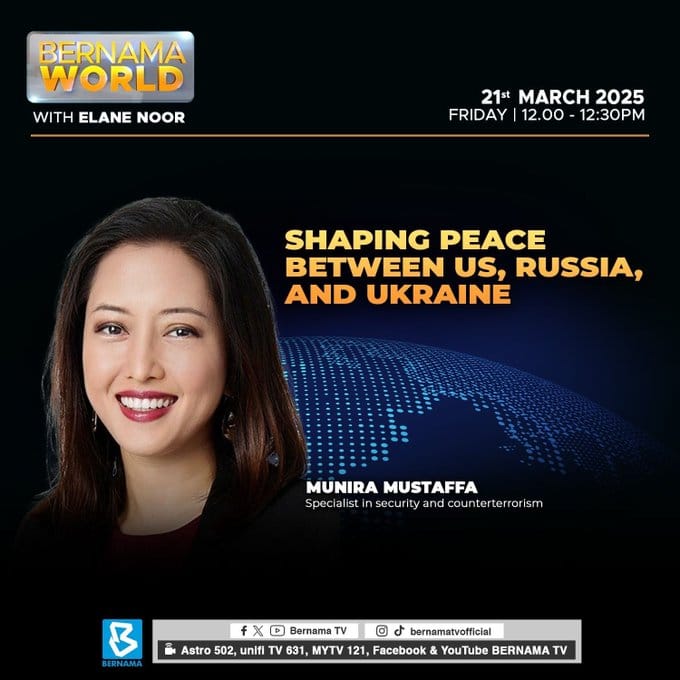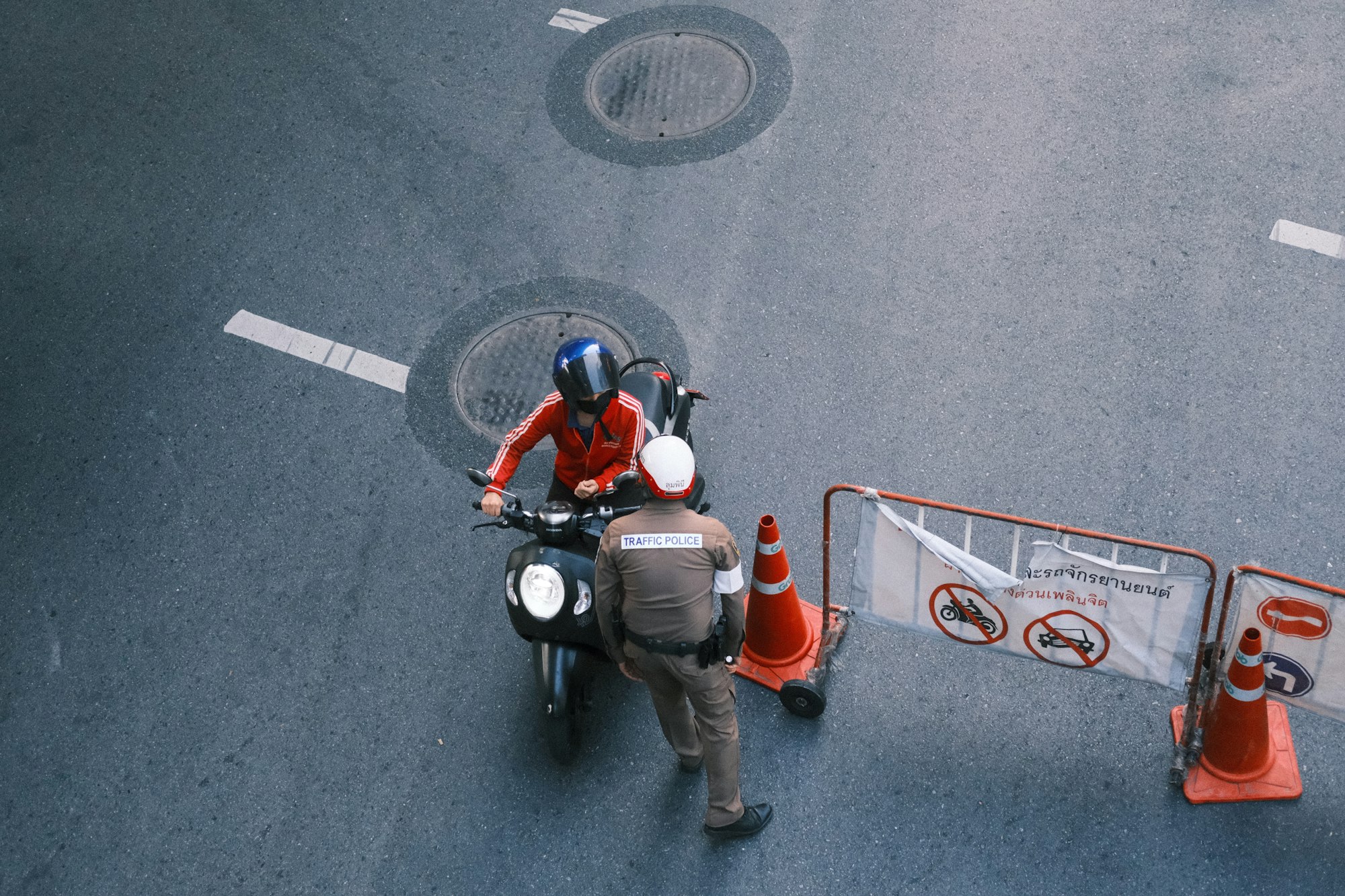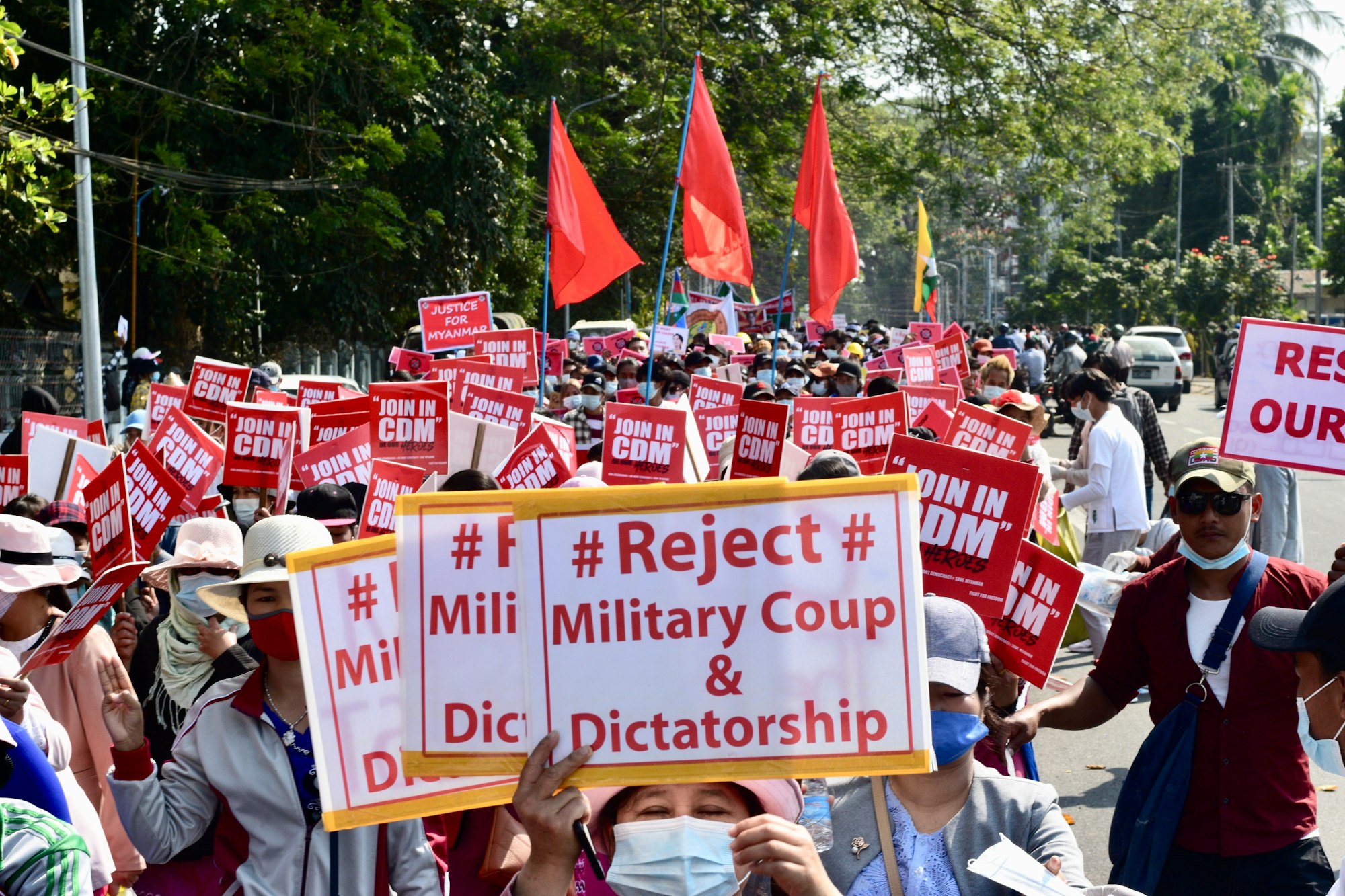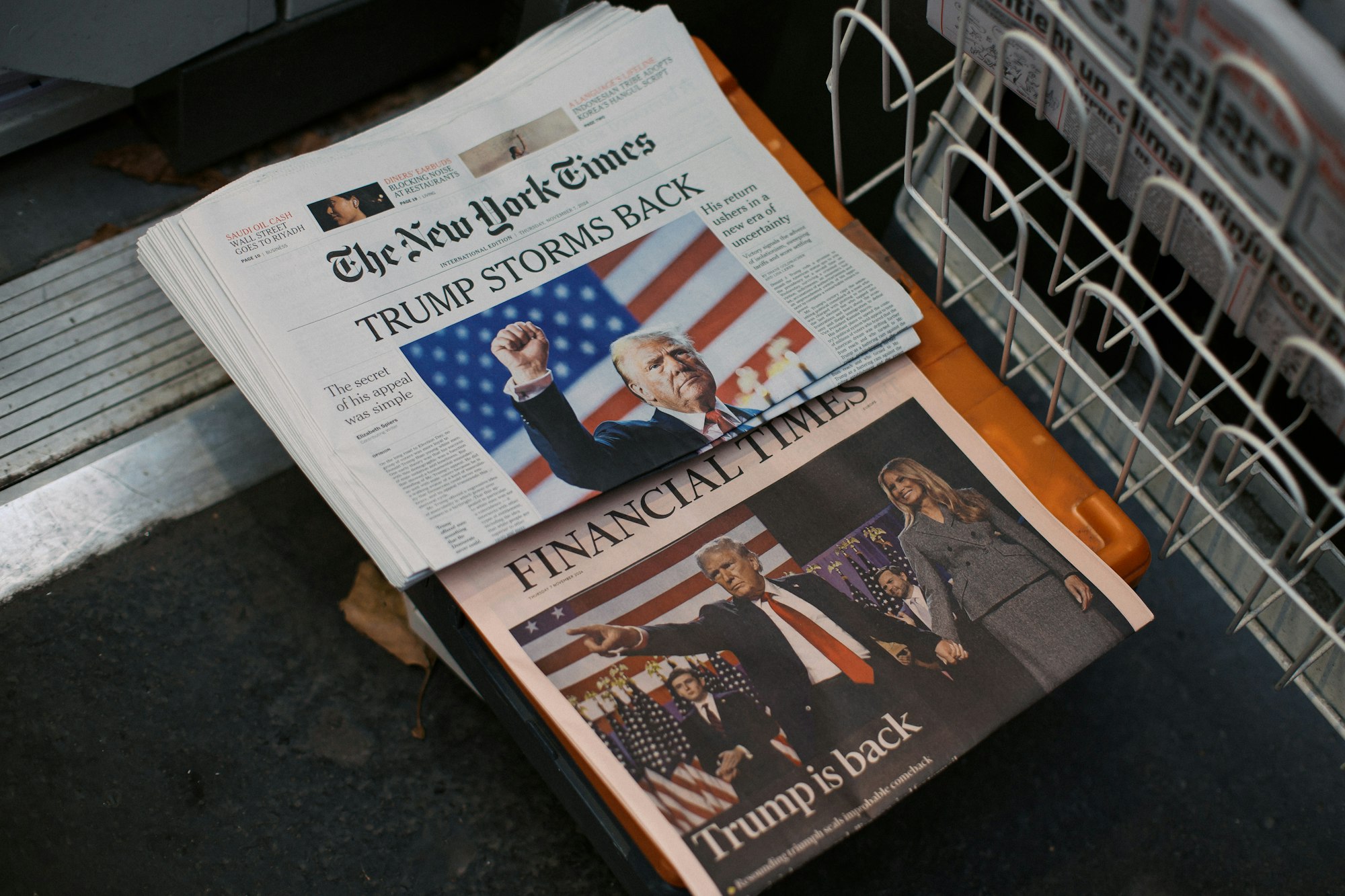The Memo: March 17—23, 2025
The Memo from March 17—23, 2025: Summary of incidents, ranging from terrorism, covert actions, organised crimes, regional conflicts to cybersecurity incidents.

News Roundup:
Security & Diplomatic Highlights
- Rohingya Insurgency Group Leader Arrested in Bangladesh
- Armed Forces Law Revision in Indonesia Spark Renewed Protests
- Russia Agrees to Limited Energy Infrastructure Ceasefire in Ukraine
Terrorism, Extremism and Insurgency
1. Rohingya Insurgency Group Leader Arrested in Bangladesh
Threat Level: Low
Overview:
Arakan Rohingya Salvation Army (ARSA) leader Ataullah Abu Ammar Jununi was arrested on March 18 near Dhaka by Bangladesh's Rapid Action Battalion on charges of terrorism and illegal entry. Born in Pakistan and raised in Saudi Arabia, Ataullah has led ARSA since 2016, orchestrating attacks against Myanmar security forces in 2017 that triggered military crackdowns and the exodus of approximately 740,000 Rohingya to Bangladesh.
Key Details:
- Impact: Refugee community reactions remain divided, with some holding prayer gatherings for his release while others who claim to have been victimized by ARSA welcomed the arrest. Police report Ataullah has provided little information during ongoing interrogations.
- Implications: The arrest reveals ARSA's criminal activities in refugee camps, including killings, kidnappings, and extortion targeting fellow Rohingya. Bangladesh authorities hope Ataullah's detention will improve security conditions in camps where factional violence has caused multiple deaths, potentially creating new diplomatic openings regarding the future of one million Rohingya refugees.
Political and Security Developments
2. Armed Forces Law Revision in Indonesia Spark Renewed Protests
Threat Level: Low
Overview:
Protests and clashes with riot police have erupted in Jakarta following the Indonesian Parliament's unanimous decision to pass an amendment to their existing military law, permitting active military personnel to hold a wider range of civilian positions in government. This move is seen by protesters, mainly activists and students, as consolidating military power under ex-military President Prabowo, reminiscent of Suharto-era military dominance in government.
Key Details:
- Impact: These March protests represent the second phase of the #IndonesiaGelap ("Dark Indonesia") movement, which began in February 2025 against Prabowo's controversial budget cuts. The current wave focuses specifically on military reform, with demonstrations occurring in Jakarta, Yogyakarta, and other cities resulting in injuries and arrests.
- Implications: The resurgence of protests targeting the military law amendment indicates growing concern about democratic backsliding. While demonstrations remain limited in scope, they reveal potential sustained resistance from civil society organisations and university communities against perceived efforts to reintroduce military influence in civilian governance.
International Relations
3. Russia Agrees to Limited Energy Infrastructure Ceasefire in Ukraine
Regional Relevance: Minimal to Low
Overview:
Implementation of the agreement remains uncertain, with both sides accusing each other of violations within hours of the announcement. A Russian drone strike reportedly hit a hospital in Sumy and targeted areas around Kyiv, while Russia accused Ukraine of striking an oil depot before officially agreeing to the terms. The deal's scope is also disputed, with different interpretations from Washington, Moscow, and Kyiv about what infrastructure is covered.
Key Details:
- Impact: Implementation of the agreement remains uncertain, with both sides accusing each other of violations within hours of the announcement. A Russian drone strike reportedly hit a hospital in Sumy and targeted areas around Kyiv, while Russia accused Ukraine of striking an oil depot before officially agreeing to the terms. The deal's scope is also disputed, with different interpretations from Washington, Moscow, and Kyiv about what infrastructure is covered.
- Implications: The limited agreement reflects Putin's unwillingness to make significant concessions while Russian forces advance in eastern Ukraine. Analysts suggest the partial ceasefire may benefit Russia more than Ukraine, as it prevents Ukrainian strikes on Russian energy facilities while maintaining pressure on the battlefield. The agreement falls far short of resolving fundamental differences, with Russia demanding an end to Western military aid and Ukraine insisting on territorial integrity and security guarantees.
ICYMI: Last week, our Executive Director Munira Mustaffa joined BernamaTV's "Bernama World" segment to discuss the US-brokered 30-day ceasefire between Russia and Ukraine regarding energy facility strikes. Watch the full analysis here.

Our Assessment Guide
Security Threat Assessment Matrix
| Threat Level | Impact | Frequency | Scope |
|---|---|---|---|
| Negligible | No measurable impact. | Extremely rare or one-off. | Limited to a single individual or very small area. |
| Minimal | Negligible or minor impact. | Rare or isolated. | Limited to a small area or group. |
| Low | Minor but noticeable impact. | Infrequent. | Localised to a specific community or sub-region. |
| Moderate | Noticeable but manageable impact. | Occasional. | Localised to a specific region or province. |
| Significant | Substantial impact on people, infrastructure, or finances. | Frequent. | Regional or multi-provincial scope. |
| High | Severe impact with potential for escalation. | Very frequent or recurring. | National scope. |
| Critical | Catastrophic or existential impact. | Constant or escalating. | Transnational or strategic implications. |
Regional Relevance Assessment Matrix
| Significance Level | Economic Impact | Diplomatic Relevance | Timeline |
|---|---|---|---|
| Critical | Immediate major disruption to regional supply chains or energy markets; potential financial crisis; severe trade restrictions | Fundamental shift in regional diplomatic alignments; direct intervention requirement; ASEAN unity threatened | Immediate (0-3 months) |
| High | Substantial but manageable impact on regional trade or investment flows; sectoral disruptions; commodity price volatility | Requires significant regional diplomatic response or position-taking; coalition-building necessary; conflicting regional positions | Short-term (3-6 months) |
| Moderate | Noticeable effects on specific sectors or bilateral relationships; manageable supply chain adjustments; limited capital flow impacts | Prompts diplomatic consultations among regional partners; statement coordination; realignment of specific bilateral relations | Medium-term (6-12 months) |
| Low | Limited economic spillover effects; minimal disruption to trade; isolated sectoral impacts | Minor diplomatic repositioning or statements required; limited effect on existing partnerships | Long-term (1-2 years) |
| Minimal | Negligible direct economic impact on region; no discernible effect on trade flows or investment patterns | Minimal diplomatic relevance to regional interests; no requirement for position-taking | Indeterminate or very long-term |
ICYMI: Exclusive access to paid subscribers only...





Please feel free to share The Deep Dive with your colleagues. In addition, we would appreciate it if you could consider becoming a paid subscriber with our tiered subscription packages to support our publication. Your support will help us continue providing valuable insights to assist you in making operational decisions.








